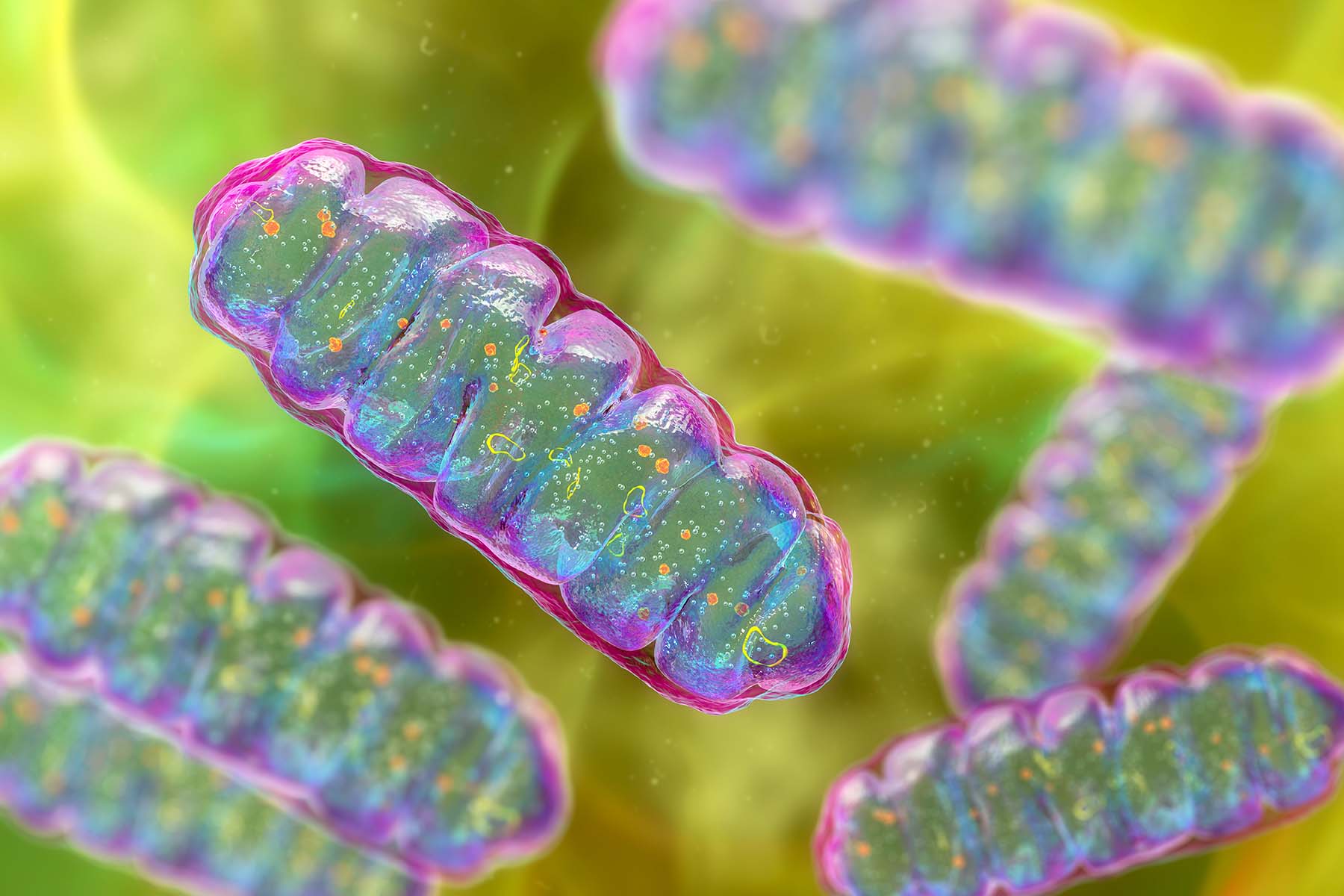What is Mitochondrial Disease?

Mitochondrial diseases are a group of disorders that affect how the body’s organs create the energy they need to function properly. Mitochondria are structures in almost every cell in the body, producing most of the energy your body needs. Organs that need the most fuel — such as the heart, muscles, and brain — need more mitochondria. When not enough mitochondria are present, or they are unable to completely burn food and oxygen to generate energy, the malfunction can cause cell injury and cellular death.
One in 5,000 children and adults has a genetic form of mitochondrial disease. In other cases, some medical conditions lead to (non-inherited) mitochondrial dysfunction. These conditions include Alzheimer’s disease, muscular dystrophy, type 1 diabetes, multiple sclerosis and some cancers.
What are the types of mitochondrial diseases?
Mitochondrial diseases include many types of cellular malfunctions and disorders. The most common include MELAS (mitochondrial encephalopathy, lactic acidosis and stroke-like episodes syndrome), Leber hereditary optic neuropathy, Leigh syndrome, Kearns-Sayre syndrome, and myoclonic epilepsy and ragged-red fiber disease.
What are the symptoms of mitochondrial disease?
Mitochondrial dysfunction can trigger many different neurological, metabolic, inherited and acquired disorders in adults, though these conditions primarily affect children. The symptoms can begin as early as infancy, but adult onset is becoming more common.
Mitochondrial disease can affect various bodily systems. The symptoms depend on the affected organ(s).
Brain
- developmental delays
- dementia
- migraines
- autistic features
- seizure
- stroke
- atypical cerebral palsy
- learning disabilities
Nerves
- pain
- fainting
- loss of reflexes
- intolerance to heat and/or cold
Pancreas
- diabetes
- pancreatic failure
- parathyroid failure
Kidneys
- renal tube failure
Heart
- cardiovascular defects
- blockage
- cardiomyopathy
Eyes
- vision loss
- ptosis
- optic atrophy
- strabismus
- ophthalmoplegia
- retinitis pigmentosa
Ears
- hearing loss
Muscle
- muscle weakness/failure
- cramping
- reflux
- vomiting
- constipation
- diarrhea
- hypotonia
- dysmotility
Liver
- low blood sugar
- liver failure
Systemic symptoms
- failure to gain weight
- fatigue
- short stature
- unexplained vomiting
- respiratory problems
Some children and adults living with mitochondrial conditions are able to manage their symptoms and live fairly normally. Others experience significant lifestyle and physical changes, and some do not reach a normal life expectancy.
How are mitochondrial disorders treated?
There isn’t a cure for these disorders, but treatments and some nutritional recommendations can help manage the symptoms of mitochondrial diseases and prevent life-threatening complications. Appropriate treatments depend on the affected organ(s) and may include physiotherapy and medication.
The Mitochondrial Genetics Clinic (MitoGen) at the University of Miami Health System provides diagnosis, genetic counseling and potential treatments to pediatric and adult patients with mitochondrial genetic conditions. Our multidisciplinary care team includes a clinical geneticist, a genetics counselor, pediatric and adult neurologists, pediatric cardiologists and pediatric gastroenterologists. The clinic supports research to understand better how mitochondrial dysfunction triggers disease. This knowledge can lead to novel and emerging treatments, like gene-editing techniques, that can potentially improve the lives of those managing mitochondrial diseases.
To speak with our team of specialists, call 305-243-7841 or request an appointment online.
Dana Kantrowitz is a contributing writer for UHealth’s news service.
Medically reviewed by Kumarie Latchman, M.D., a clinical geneticist at UHealth.
Tags: Dr. Kumarie Latchman, genetics, low energy, Mitochondrial dysfunction
